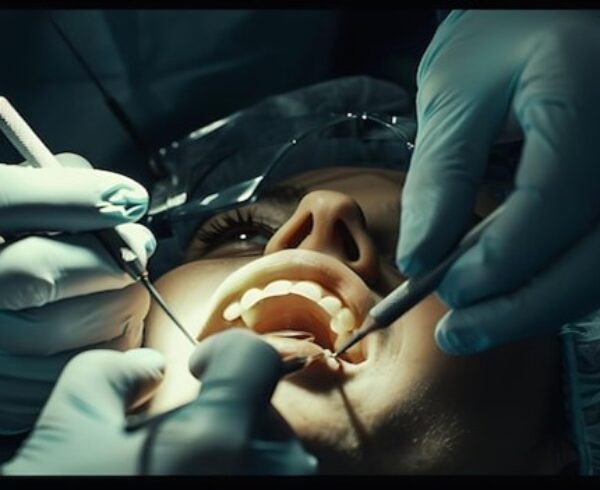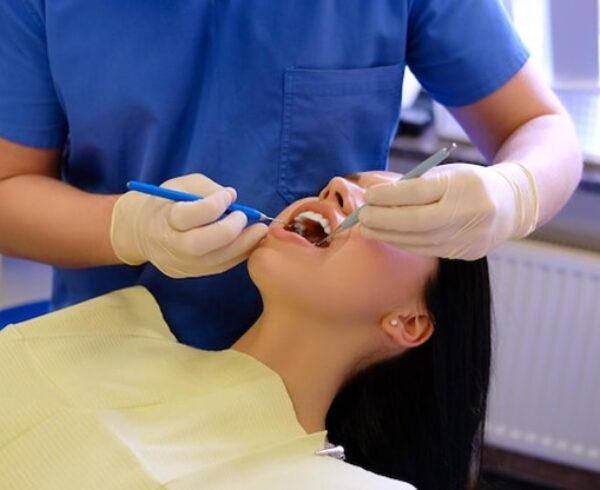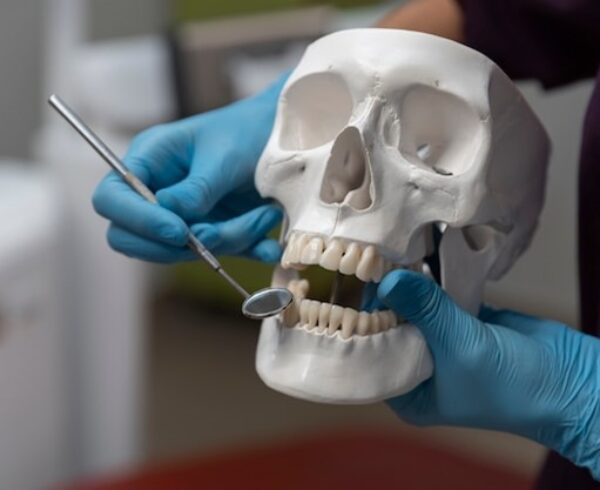As winter approaches and temperatures drop, many people experience increased tooth sensitivity. Cold weather can exacerbate dental discomfort, making it vital to take proactive measures to protect your teeth. At The Ackerman Clinic, we understand how important it is for our patients to enjoy their daily lives without the distraction of tooth sensitivity. Here are some effective strategies to help prevent discomfort during the colder months.
Use a Desensitising Toothpaste
One of the simplest and most effective ways to combat tooth sensitivity is by using a desensitising toothpaste. These specialised products contain compounds that help block the transmission of sensations from the tooth surface to the nerve. Look for a toothpaste that specifically mentions sensitivity relief. Regular use can significantly reduce discomfort over time, allowing you to enjoy winter treats like hot chocolate without worry.
Maintain a Good Oral Hygiene Routine
A consistent oral hygiene routine is crucial for overall dental health. Brushing your teeth twice a day and flossing daily can help prevent gum recession, which often contributes to tooth sensitivity. Be sure to use a soft-bristled toothbrush and gentle techniques to avoid damaging your enamel or irritating your gums. If you notice any signs of gum recession, such as increased sensitivity or visible tooth roots, consult your dentist for tailored advice.
Limit Acidic Foods and Beverages
Cold months often bring festive foods and drinks that may be acidic, such as citrus fruits, wine, and certain sodas. Acidic substances can erode tooth enamel, making teeth more susceptible to sensitivity. While it’s fine to indulge in these treats occasionally, try to balance them with non-acidic options and rinse your mouth with water afterwards. If you enjoy a glass of wine, consider using a straw to minimise contact with your teeth.
Protect Your Teeth from Temperature Extremes
Sudden temperature changes can trigger tooth sensitivity. For example, consuming hot foods or drinks followed by something cold can shock your teeth and lead to discomfort. To mitigate this, try to gradually warm up cold foods and drinks to room temperature before consumption. This practice will help your teeth acclimatise and reduce the risk of sensitivity.
Consider a Mouthguard
If you tend to grind your teeth at night, a custom-fitted mouthguard from your dentist can help protect your teeth. Grinding, also known as bruxism, can lead to enamel wear and increased sensitivity. A mouthguard will cushion your teeth and help prevent damage, making it an essential investment, particularly during the colder months when stress levels can rise.
Schedule Regular Dental Check-ups
Regular dental check-ups are essential in maintaining your oral health and preventing sensitivity issues. During these appointments, your dentist can identify any potential problems early on, such as cavities or gum disease, and provide treatment options. They can also recommend specific products or techniques tailored to your needs, ensuring you have a personalised plan for keeping sensitivity at bay.
Stay Hydrated
Cold weather can lead to dry mouth, which increases the risk of tooth sensitivity and decay. Make a conscious effort to drink plenty of water throughout the day. Staying hydrated helps maintain saliva production, which plays a crucial role in protecting your teeth against sensitivity and decay.
Tooth sensitivity during the colder months doesn’t have to be a common struggle. By following these tips and seeking professional advice from our compassionate team at The Ackerman Clinic, you can enjoy winter activities without worrying about dental discomfort. If you have ongoing sensitivity or concerns about your oral health, don’t hesitate to reach out to us. Together, we can keep your smile bright and comfortable all season long.







